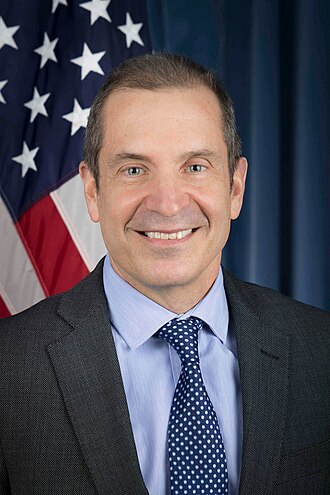In a recent interview, United States Ambassador to Liberia Mark C. Toner highlighted critical deficiencies in good governance as key obstacles to attracting 100% US foreign investments in the country. Speaking on the state broadcaster ELBC, Ambassador Toner emphasized that a significant gap exists in the essential components of governance necessary for creating a conducive environment for foreign businesses. He posited that grievances about the limited scope of American companies’ engagement in Liberia stem largely from these governance issues, with calls for reforms that would enhance Liberia’s investment climate being vital.
Central to Ambassador Toner’s analysis is the necessity for Liberia to foster a business-friendly atmosphere characterized by transparency and efficiency. He articulated the need for a skilled workforce trained in technical and vocational skills, which he sees as crucial for responding effectively to the demands of potential investors. Without such a preparation in human resources, as well as robust educational frameworks, attracting foreign investments remains a formidable challenge. Furthermore, he stressed the importance of having a reliable judicial system free of corruption, ensuring that potential investors can operate without bureaucratic hindrances.
Infrastructure development emerged as another priority in Ambassador Toner’s discourse, particularly the need for sustainable electricity and efficient road systems. He underscored that the foundational elements necessary for a thriving investment environment stretch beyond policy changes to encompass tangible improvements in infrastructure. Ambassador Toner reiterated that these various elements must be synergized to paint a favorable picture of Liberia to potential investors, thereby heightening the likelihood of increased US investments in the country.
While acknowledging the presence of American-affiliated companies like Firestone in Liberia, Ambassador Toner clarified that these do not equate to full-scale US investment. With Firestone’s long history since 1926, concerns have been raised about the lack of local processing facilities for resources like rubber. He noted that despite shared American interests in these operations, without more wholly-owned US entities participating in the Liberian marketplace, the level of economic engagement remains inferior to what it could be. This absence of larger-scale US investment underscores the necessity for Liberia to improve its attractiveness to firms willing to commit fully.
Toner pointed out the significant contributions of the Liberian diaspora in the United States, which has resulted in remittances totaling around US$8 million. He posited that if more residents invested back into their homeland, it would catalyze development and stimulate economic growth. He expressed support for initiatives led by the Liberian government, including efforts by the Boakai-Koung administration to engage internationally and promote investment opportunities, particularly in places like Dallas and New York, recognizing the importance of building rapport with foreign investors.
Ambassador Toner also touched on Liberia’s ambitions for a non-permanent seat on the United Nations Security Council, reiterating Liberia’s status as a stable democracy and a favorable ally of the United States. He emphasized the broader importance of African representation within global governance structures, as articulated by US Ambassador Linda Thomas Greenfield. Toner acknowledged Liberia’s potential regional role, highlighting the country’s democratic stability in contrast to its more tumultuous neighbors. His comments reflect supportive sentiments for Liberia’s involvement in international affairs, suggesting that fostering democratic principles could lead to increased global engagement and partnerships.


